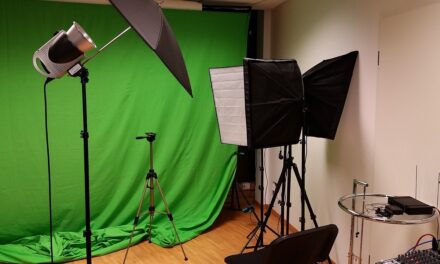First and foremost, it needs to be pointed out that research is NOT plagiarism.
Copying text verbatim, spinning junk rehashed PLR, or making assumptions based on intuition just doesn’t cut the ice. In a Utopian situation, the author of any article would have immense knowledge concerning the material they are about to put to paper, not particularly meaning they should be a professor in any given subject, but that they have had hands-on experience. This is not always possible.
The second best option is to thoroughly research an article in order to produce work that would be considered professional by the reader in any given discipline. But where does one begin?
Keeping in mind that solid research can be time-intensive here are some sources which I use to gather my pool of data (I strongly suggest keeping a resource file on your desktop on each topic to store this information).
1. Google – The Mother of all Invention
Using a list of keywords relevant to your given article theme (e.g. if you are writing a piece about cats you might use the keywords: cat breeding, cat diet, cat health, etc.) search for them using Google.
Click through the top ten results and check the websites for quality well-written subject matter. This means thoroughly reading the words presented and making notes of phrases which are both interesting and informative. You can save these in a .txt Notepad file and save them in the aforementioned folder. You will certainly notice that certain ideas tend to repeat themselves; this is good, as it points towards core concepts on the topic you are researching.
As you continue you will start to get a feel for the subject.
2. Wikipedia – The Mother of all Encyclopedias
Through your Google searches you will more than likely see this website at #1.
Wikipedia is like a giant living organism which is constantly updated (through the hands of all of us, of course) in order to keep the data specific and to the latest standards. In most cases, the themed content is well organized by professionals in any given field of interest and we the user can add to it according to our personal knowledge, wisdom and experience.
For fresh and well-presented material it doesn’t get much better than Wikipedia, but much sure to double-check sources for accuracy and credibility.
3. YouTube – The Mother of all Video
What?!? Yes, I say, YES! I know, most folks when they think of YouTube associate it with Jackass wannabe teenagers damaging their developing bodies or pretty Barbie-like tweens telling us all about the hellish life non Twilight fans have to endure while buying makeup at the mall, but there is more than that to this sometimes wayward child of Google.
If you turn on your bloodhound nose and hone in it is possible to pluck the pearls floating among the swine poops. Getting specific and making categorical searches will lead you to videos made by experts on a multitude of multi-colored topics. So, put on your scrubs, disinfect your brain, and dive in…you won’t regret it.
For a less infectious experience, you may wish to try one of the many video tutorial sites such as ehow.com.
4. Expert Interview – The Mother of all Knowledge
This is a no brainer and a limitless resource which only demands a little time but is well worth the investment.
In fact, more often than not, the expert involved will be totally delighted and proud that you took the time to ask them. Just make sure to credit whatever knowledge you gained out of common courtesy. Lets say you need to write an article titled “10 tips for making your old car look new”, then you just get your butt down to the local carwash and talk to the boss, tell him honestly what you are doing, make an appointment for an informal chat and politely pick his brains. If you include them as a data source in your article it becomes a win-win situation.
Not only do they feel important but they also receive free promotion for their business.
5. The Library – The Mother of all Books
A gem that has become somewhat overlooked in this age of instant “push-button” information is the good old city library. And I can swear on my old dog Goobers grave that you WILL find content here that is not available online.
We have become more or less too dependent on search engines for all our information but the library has always been, in my humble opinion, the best place to research any subject. Just think of your librarian as a non-virtual Google who will be more than willing to help you search for whatever you need. Or use the library’s own computerized index to find the location or the material which you are trying to find. We need the library!
This is by no means an extensive list but just some of the main tools which I prefer to use during my own research.
We are all uniquely individual by nature so I would suggest starting here and using your imagination to this of other resourceful techniques for improving your article research.





